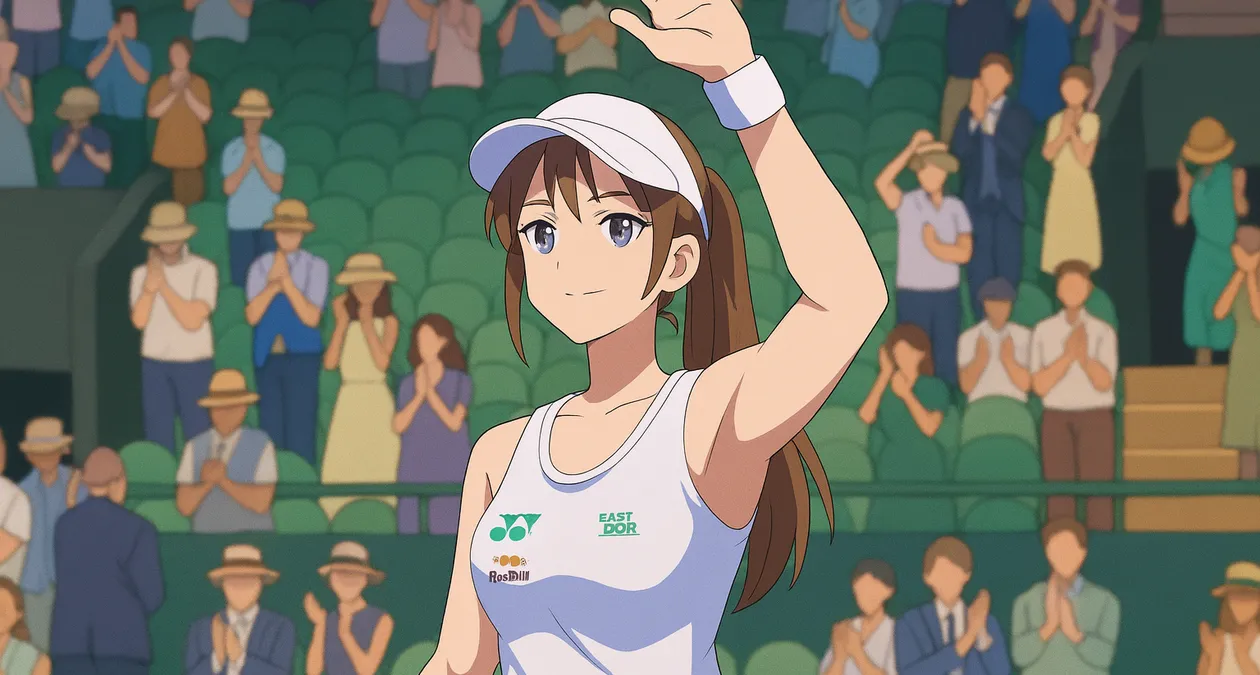There’s a certain inevitability to an Elena Rybakina victory when the serve starts clicking — a quiet storm that no opponent seems able to read, let alone withstand. On Wednesday afternoon in Riyadh, it was Ekaterina Alexandrova who felt the full weight of that precision, as Rybakina eased into the WTA Finals semifinals with a 6–4, 6–4 win and an unbroken aura of control.
Alexandrova’s late call-up — a stand-in for the injured Madison Keys — added an odd, exhibition-like tension to proceedings. Yet Rybakina treated the encounter with her usual cold focus, picking apart the World No. 10 with clean lines and unerring rhythm.
Don’t Toss The Timing
“For me, it’s important — of course — the timing and the toss,” Rybakina explained afterwards, a rare technical insight into her power base.
“If the toss is even a little bit wrong, then the whole movement doesn’t really work. I try to push with the legs, not only with the arm, and when everything comes together, it’s perfect.”
That precision was her armour again. The Kazakh saved break points early, then broke when it mattered — her sense of timing not just mechanical, but psychological. Alexandrova hit hard, but the match never felt within her grasp. Each Rybakina service game carried a finality, the kind that crushes hope before it gathers momentum.
Everybody feels the same
If the performance looked effortless, the effort behind it wasn’t.
“Of course, I’m a little bit tired, but I think everybody feels the same,” Rybakina admitted, her tone flat but not defeated. “The season has been long, but everyone is going to try to push no matter what. It’s really the last few matches left, so you try your best.”
It was a typically understated remark from a player who has learned to translate fatigue into focus. After an 11-month calendar and countless travel miles, Rybakina’s calm presence is as striking as her forehand. The legs may be heavy, but the mind remains disciplined — the mark of a champion conditioned by repetition, a bit of Vukov, and routine.
From rhythm to resilience
This week marks new territory for the 26-year-old: her first WTA Finals semifinal appearance, after back-to-back round-robin exits in 2023 and 2024. That progression says as much about her mindset as her mechanics.
“When you get this far into the season, recovery becomes just as important as the tennis itself,” she said. “I’m just trying to stay healthy, recover well, and do my best in the next one.”
That “next one” could well be against Coco Gauff, depending on how Group Steffi Graf shakes out — a matchup that would pit Rybakina’s precision against Gauff’s athletic fire. But for now, the Wimbledon champion is happy to savour something increasingly rare on tour: a day off. “For now, I have one day off, so hopefully that helps,” she smiled. “I’ll try to do my best as always.”
Perspective and poise
Rybakina’s campaign in Riyadh has been a quiet exhibition of control — less about fireworks, more about flow. Three matches, three wins, no fuss. In an event where emotions run high and bodies start to falter, she’s found her edge in restraint.
It’s a reminder that in November tennis, when everyone is hurting and the margins are thin, calm is the most lethal weapon of all.

